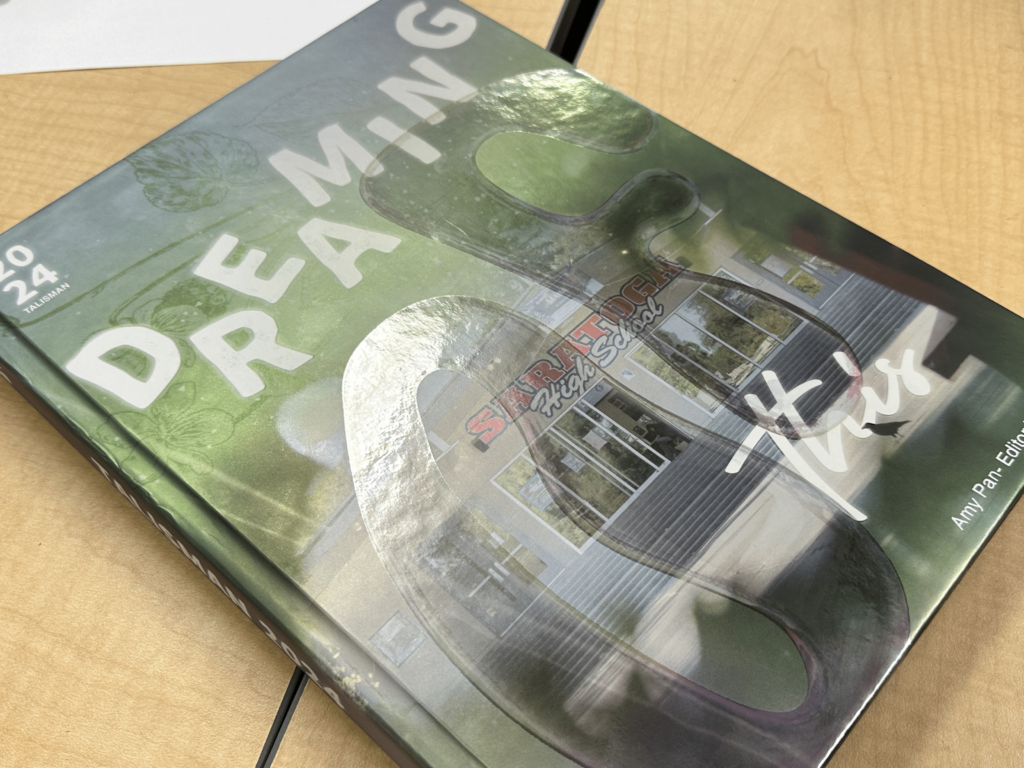Finally, AP Tests are over! The relief and freedom of the students is overwhelmingly obvious in their actions and expressions afterwards. However, the classes are not over yet, and those classes still require that students participate and be active in learning—because, while AP tests may be completed, the school year is certainly not.
Each AP class takes a different approach to concluding a year’s worth of curriculum. Many AP classes have a final project in which they use the skills they have learned over the year, while others allow students to relax after AP tests.
“It was nice that most of my classes allowed in-class time for projects,” said senior Rebecca Amato, who is taking multiple AP classes in which final projects are required.
In Matt Torrens’s AP United States History class, for example, there is a final project that replaces the final. AP Literature has groups in each class that present a book that they have not read throughout the year—essentially, an involved final book report. Similarly, students in AP Statistics have a project in which they conduct social and individual experiments, analyzing their results by using methods in groups and using the skills they have learned in class in real-time. The use of the formulas they have learned helps reinforce the material as well as find a fun application of Statistics.
“The project is very interesting, [and] it really helped me apply what I’ve learned from the whole [year] into an actual situation,” said junior Srinidhi Raghavan. Her survey is about video games genres and their relation to certain consoles.
In AP Language Composition, students do presentations on their favorite subjects and parts of the year throughout. These projects revolve around what students have taken away from the class.
By contrast, some of the AP classes are taking it easy on their students. In AP Biology, the students are watching movies and shows that show real-life uses of biology, like “House” and some other documentaries. AP US History teacher Kim Anzalone is doing a “History-in-Film” unit for her classes, in which students are watching movies like “The Right Stuff” and “Saving Private Ryan” that represent important events in American history.
Although the majority of AP Classes do not have finals, some, like AP Language, do have students take a final. Some finals serve as preparation for the actual AP test; in AP Chemistry, students have both a final exam and a final project before the year is completed.
While some students enjoy the break in studies after the AP tests, others prefer to continue studies even after the test is over.
“Why does learning stop when we finish the AP test?” said junior Arthur Chang, who is in AP Chemistry. “It’s not like I took the class for the AP credit. I’m just glad we aren’t watching movies every day.”
Ultimately, students who braved AP classes have worked hard during the year—while some classes still demand active and academic participation until the very end of the year, others try to give students a break period. It is finally the end of the year, and things are wrapping up.


























